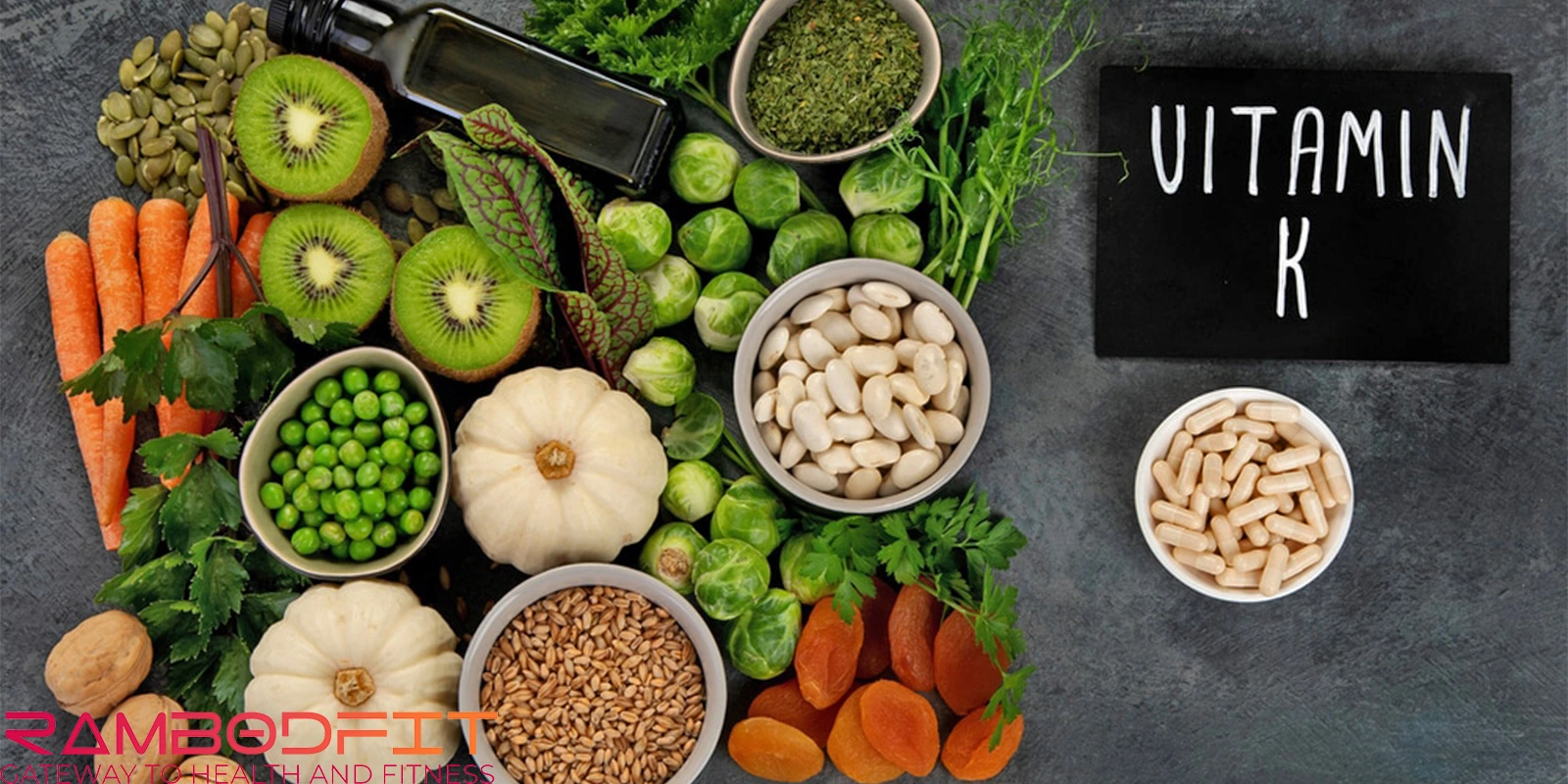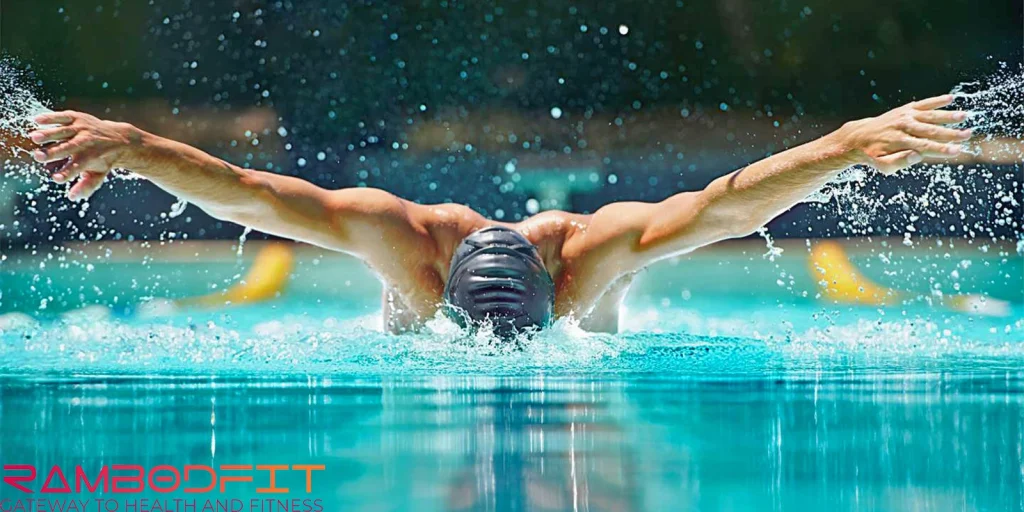


Athletes are always on the hunt for ways to push their limits, heal faster, and stay on top of their game. While they often focus on big stuff like protein, carbs, and fats, the little things like vitamin K for athletes and minerals are just as key.
Take vitamin K, for instance—it’s not talked about a lot but is super important for keeping bones strong, hearts healthy, and muscles repairing fast, all of which matter tons to athletes.
Here at RambodFit, let us dive into why vitamin K for athletes matters for those who love to stay active, its pluses where you can get it from food, and the lowdown on whether popping a supplement might be a smart move.
Table of Contents

So, vitamin K is this vitamin that’s not into water—it sticks to fat, and it pops up in nature in a couple of main types:
Now, vitamin K is kind of special compared to other vitamins because your body doesn’t keep a bunch of it stocked up, which means you have to eat this stuff. If you’re an athlete, you need to pay even more attention because your body needs more nutrients.
1. Amps Up Bone Health and Sturdiness
If you’re an athlete, your bones are taking a beating! Keeping them dense and tough is mega important if you want to perform well and steer clear of getting hurt.
Read the whole study on PubMed.
2. Amps Up Heart Health
For endurance athletes, a top-notch heart system is key to their best performance.
3. Helps Muscles Recover and Work Better
Studies suggest a role for vitamin K in how muscles use energy.
4. Makes Joints Healthier
Joints often take a beating in tough sports. Vitamin K for athletes is good for keeping cartilage in shape and might lower the chance of getting osteoarthritis.

Athletes ought to look to food first before thinking about pills.
Stuff with Vitamin K1
Vitamin K2 Sources
To better absorb fat-soluble vitamin K, pair it with healthy fats, for example, olive oil or avocado.
A balanced diet provides enough vitamin K for athletes. Yet, there are instances when they might need extra:
Suggested Everyday Amount:
If you’re into sports and on meds that thin your blood (think warfarin), you better chat with your healthcare pro before you start popping vitamin K, because it might mess with your medication.
Skipping out on vitamin K could cause:
It’s not common to run low on vitamin K, but if your tummy has trouble taking in nutrients (maybe because of something like Crohn’s), keep an eye on your vitamin K count.

Athletes get a massive boost from Vitamin K—it backs up bone strength, keeps the heart healthy, helps muscles heal, and keeps joints working right. While lots of athletes get the right amount from what they eat, some might need extra from supplements, but if a pro says it’s cool, then it’s cool.
If athletes snacked on more stuff packed with Vitamin K, they’d play better, get hurt less, and keep healthy for the long haul.
Here are some other helpful contents for you:
Vitamin K for athletes isn’t like caffeine or creatine, which gives you a direct boost. It looks after your bones, heart, and muscles, which means you recover faster and stay safe from injuries, so yeah, that kinda makes you do better.
If you’re munching on lots of salads and fermented stuff, you don’t need extra pills. But if you’re not getting enough from your food or your diet’s kinda limited, popping some vitamin K for athletes supplements might do you some good.
Athletes must talk with a doctor if they’re on blood thinners like “warfarin” and thinking about taking vitamin K supplements. It’s because vitamin K influences how these meds work.